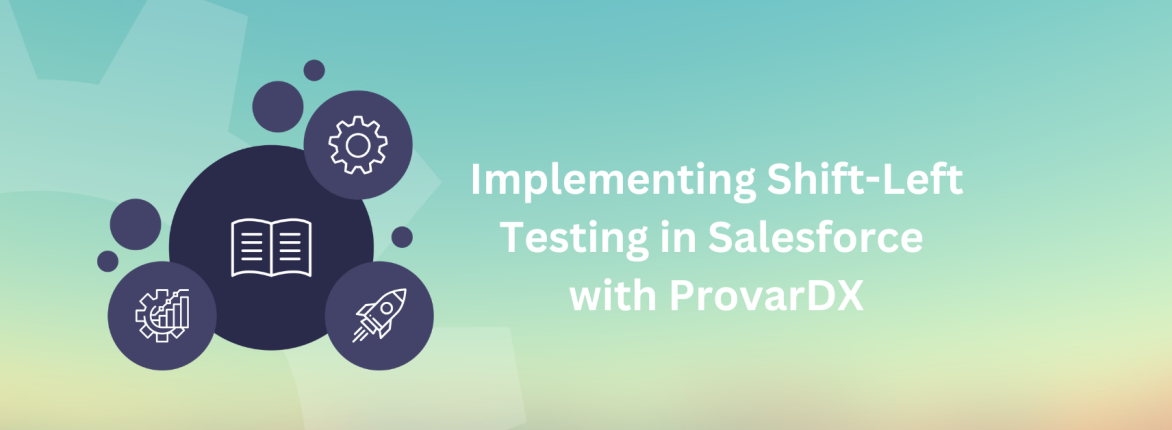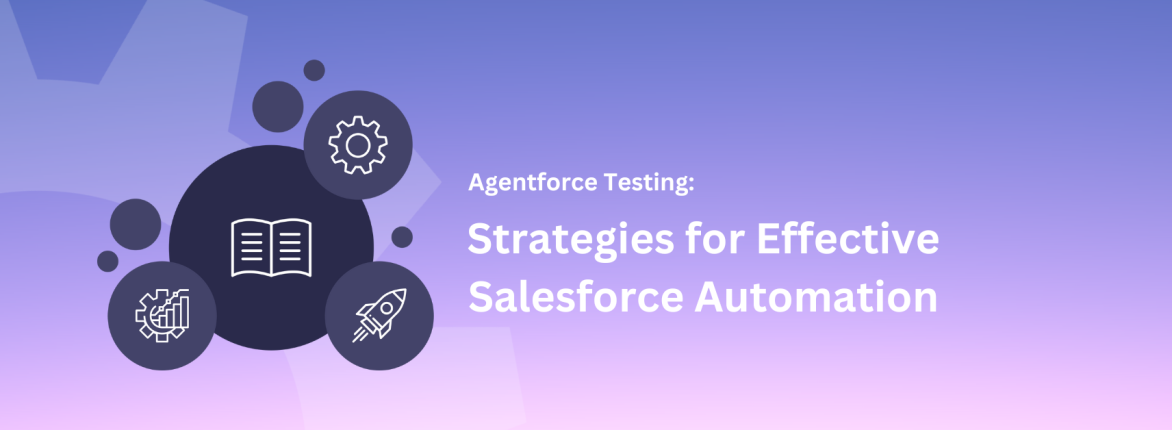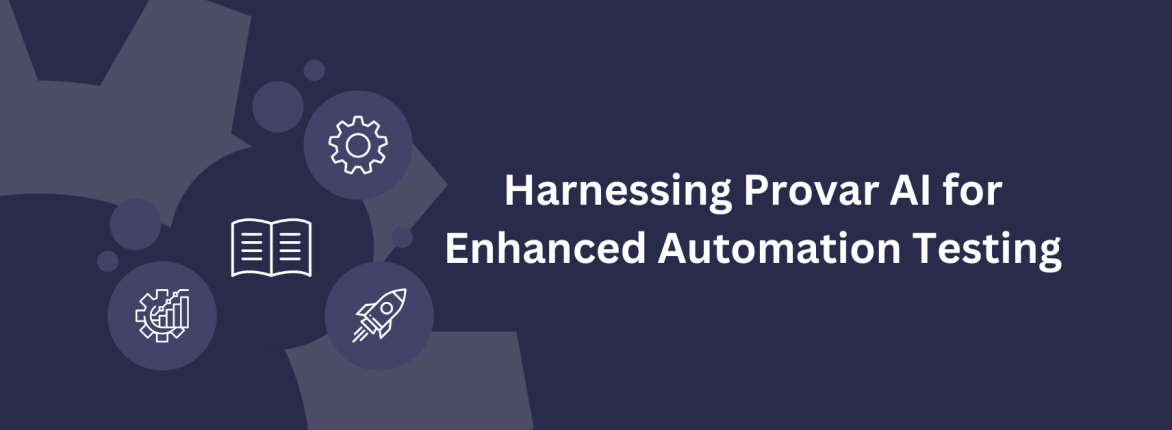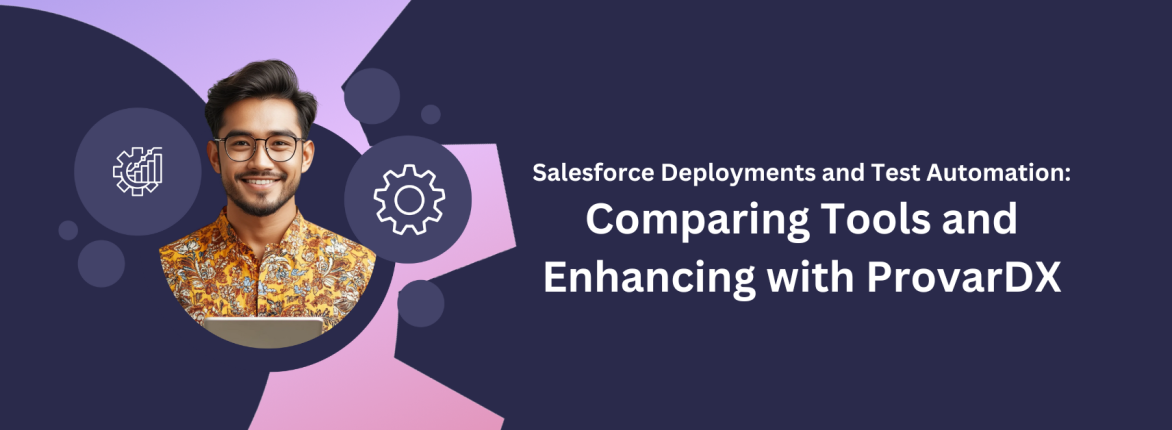Paula Americo, the University of Provar Education Content Lead at Provar, wrote this blog.
The Societal Impact of AI
The impact of artificial intelligence, commonly referred to as AI, on our society is undeniable. AI systems are integral to our daily lives, transforming industries, enhancing human capabilities, and influencing decision-making. These systems have made their presence felt, albeit silently, and have brought about a paradigm shift in our lives.
Everyday Influence
AI algorithms transform how we consume information, personalize recommendations, and interact with digital content. As AI advances, its impact on society will only intensify, demanding careful navigation and thoughtful governance to ensure a future where AI serves the greater good.
Business Benefits of AI
Artificial Intelligence (AI) is a powerful tool that can help businesses increase productivity and efficiency while reducing costs. By automating repetitive tasks, AI frees human workers to focus on higher-level tasks requiring creativity and critical thinking.
Cross-Industry Applications
In addition, AI is revolutionizing tasks across multiple industries, from manufacturing to administration, and is helping to create safer and more efficient work environments.
Job Evolution
While AI and robots may replace some jobs, new jobs are being created to support the development and implementation of these technologies. Overall, AI is an exciting development that has the potential to improve our lives in countless ways.
AI and Automation Advancements
This shift in automation is streamlining processes, reducing the risk of errors, and improving overall quality. AI’s capacity to learn from data and adjust to new situations enables automated systems to enhance performance, resulting in consistent greater productivity gains.
Human-Centered Innovation
AI-driven automation also will enable humans to focus on more complex and creative tasks, fostering innovation and growth across industries.
AI’s Role in Software Test Automation
AI has revolutionized test automation, fundamentally altering the landscape of software testing. Traditional methods relied on static scripts and scenarios that required constant updates to keep up with evolving applications. However, with the emergence of AI, testing processes have been revolutionized to be more intelligent and efficient.
Smarter Testing Methods
AI-based test automation tools can swiftly analyze vast amounts of data, recognize patterns, and autonomously generate test cases. Furthermore, machine learning algorithms can assimilate insights from previous test results to prioritize high-risk areas and optimize test coverage.
Enhanced QA Capabilities
AI-powered tools can replicate user behavior, facilitating comprehensive testing across diverse platforms, devices, and environments. This streamlines the testing process and empowers testers to concentrate on more critical quality assurance tasks.
Defect Prediction and Adaptability
AI excels at pinpointing and predicting potential defects or anomalies in the system, significantly improving the overall quality and reliability of the software. Its ability to learn and adapt enhances test automation, making it more precise, flexible, and scalable. Thus, it accelerates software releases and enhances the user experience.
Learn AI for Testing with University of Provar
The University of Provar is here to help you learn about AI and its impact on software quality and testing. There’s a lot of information to digest, and UP makes it simple to understand how AI systems can improve software quality.
Course Offerings
UP currently offers the first course in a three-part series, Introduction to AI in Software Quality. UP will release two additional courses in the upcoming months, AI for Software Quality Assurance and AI for Test Automation. This series of courses will provide a comprehensive overview of AI’s role in software quality and testing.
Continue Your Learning Journey
After completing the first course, look at An A-Z of AI Terms in 2023, written by Provar’s Chief Strategy Officer, Richard Clark. The University of Provar is here to help you continue your automation journey and beyond. Happy learning!
Interested in learning more about the University of Provar and how it helps educate, empower, and elevate professionals of all experience levels? Get started today.










